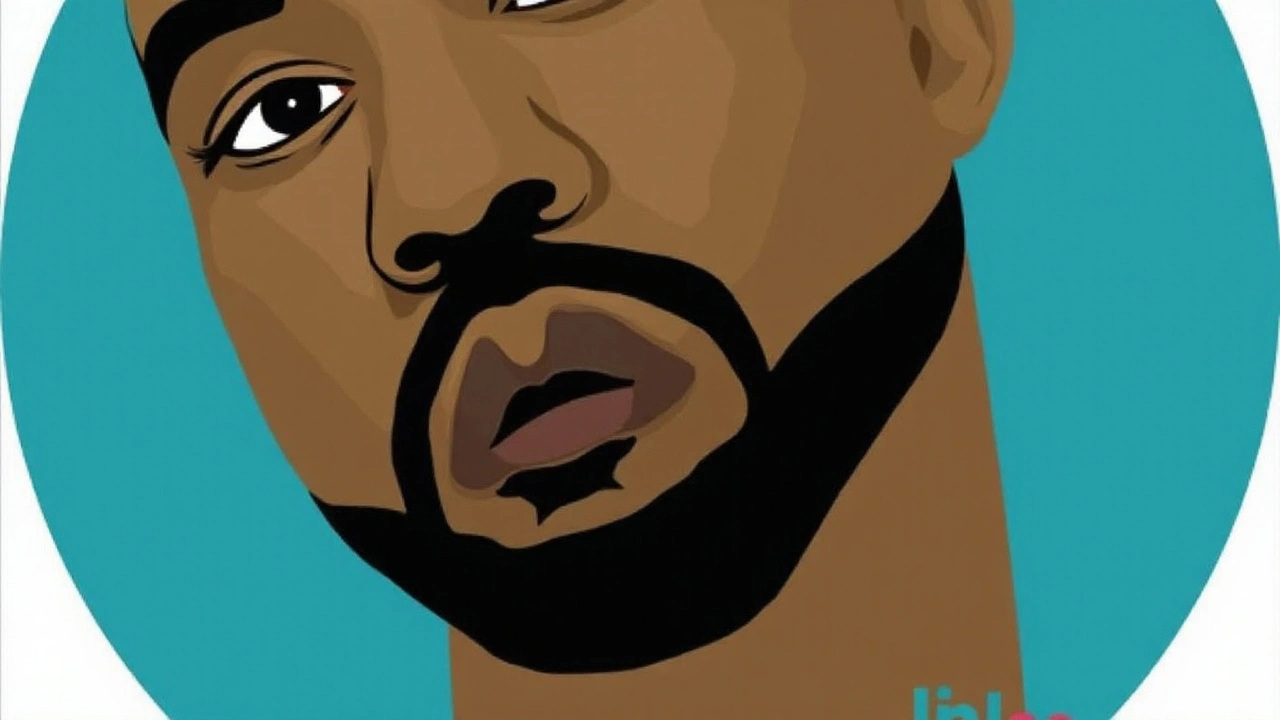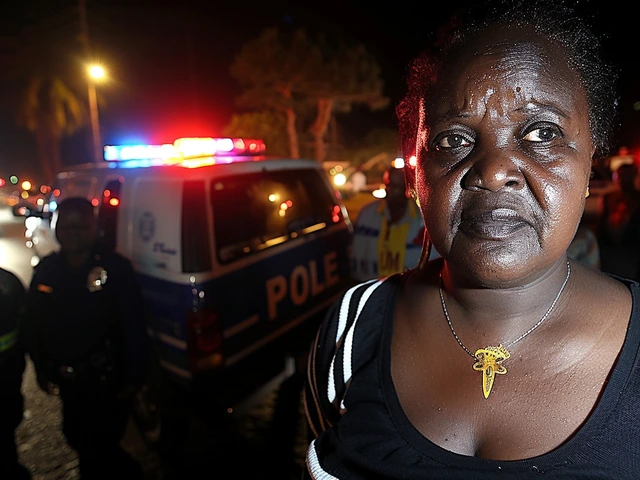Understanding Anti-Blackness: What It Means and Why It Matters
Anti-Blackness is more than just overt racism. It’s a set of attitudes, policies and everyday actions that put Black people at a disadvantage. In Africa, it shows up in hiring, media coverage, education and even sports. Knowing the signs helps you spot it faster and act before it spreads.
Common Signs of Anti-Blackness
First, look for stereotypes that paint Black people as lazy, violent or inferior. You’ll see these in jokes, cartoons or casual chat. Second, notice when Black voices are left out of decisions – like boardrooms that never invite Black experts. Third, pay attention to unequal treatment in schools or workplaces, such as fewer promotions for Black employees despite similar performance.
Another red flag is the blaming of Black communities for problems that are actually caused by poor policies. For example, saying crime rates are high because of “culture” instead of pointing to lack of resources. These narratives keep the blame on individuals instead of addressing structural issues.
How to Challenge Anti-Blackness Everyday
Start by listening. When a Black colleague shares an experience, don’t dismiss it as “just a feeling.” Acknowledge what they say and ask how you can help. Next, call out jokes or comments that rely on racist tropes – a quick, “That’s not funny, it’s harmful,” can shift the room’s tone.
Support Black-owned businesses and creators. Sharing their work on social media amplifies voices that are often ignored. In the workplace, push for transparent hiring processes and mentorship programs that give Black staff a real chance to move up.
Educate yourself on African history beyond the colonial lens. Knowing the contributions of Black societies counters the narrative that they’re only victims. Use credible sources and keep learning – it’s a habit, not a one‑off task.
If you have influence, demand policies that address inequality. This could mean advocating for equitable school funding, anti‑discrimination legislation, or corporate diversity targets. Small changes add up, and the pressure from many people can drive big reforms.
Finally, reflect on your own biases. Everyone carries some, and uncovering them is the first step to changing behavior. Write down moments when you felt uneasy about a Black person’s success and ask why. Over time, those notes become a roadmap for personal growth.
Anti-Blackness isn’t a distant problem; it’s in daily interactions, media stories and institutional rules. By spotting it, speaking up, and backing real change, you help build a fairer Africa where every voice counts.
Kanye West’s Antisemitic Rants Spark Debate Over Anti‑Black Bias
By Sfiso Masuku On 21 Sep, 2025 Comments (5)

Kanye West's recent antisemitic statements have reignited discussions about his history of anti-Black remarks. Advocacy groups, fans and media outlets are weighing the overlap between his hate speech and broader racial dynamics. The backlash includes protests, brand pull‑outs and calls for accountability. Experts warn the pattern may normalize multiple forms of bigotry. The controversy underscores the need for a unified response.
View More




